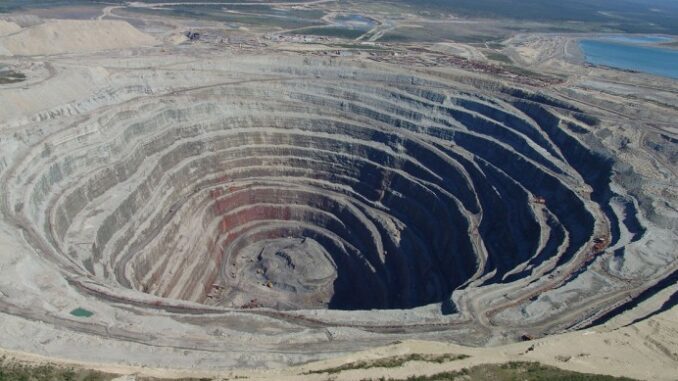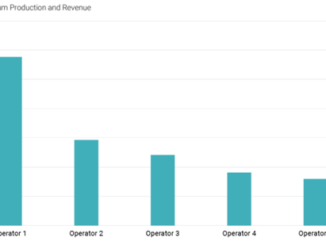
The lithium market is set for a price correction in the coming months as new capacity comes on stream, coinciding with the likelihood of some world economies entering recession, according to participants at the Financial Times Mining Summit in London this week.
Lithium prices could fall 30%-40% from current levels by December amid expectations of a recession setting in in the US, a well-placed risk manager said on the event’s sidelines Oct. 21. The correction will come about mainly due to a fall in demand from the US electric vehicle sector as US consumers find they have less money to purchase EVs, the risk manager said.
A leading analyst echoed this prediction.
“It’s nonsense to think that lithium will remain the same as it is now,” Nicholas Snowdon, metals strategist at Goldman Sachs, said during a panel discussion examining the lithium market. “We have a very strong supply environment now. There’s an immensely strong supply environment in China now, where incredibly strong restocking in China this year has added 20% to supply.”
“Lithium has been in strong deficit for two years but will move into a situation of good supply by 2025. We’ll see a substantial correction over the next two years.”
Price surge this year
Lithium prices more than doubled this year as demand for the light metal for use in EV batteries has continued to grow amid tight demand despite the start of a global economic slowdown.
Platts assessed battery grade lithium carbonate and hydroxide at record highs of Yuan 542,000/mt ($75,000/mt) and Yuan 532,000/mt, respectively, Oct. 20, up 179% and 180% year on year, according to S&P Global Commodity Insights data. Both prices were on a delivered, duty-paid China basis.
Chinese lithium carbonate prices have been on an uptrend since mid-August, as supply in the provinces of Sichuan and Qinghai was interrupted by power shortages and pandemic curbs, while at the same time, downstream demand kept increasing.
According to the risk manager, lithium prices will, after correction, remain at levels of around $50,000/mt for some time, potentially until hydrogen becomes a more common form of fuel.
New projects may nearly double supplies
Trafigura lithium trader Clare Blanchelande said the market is currently in deficit but that significant supply will eventually come on stream. New supplies of up to 500,000 mt to 600,000 mt, are expected, around the size of the lithium industry today. Significant tonnage will come from Africa, mainly Zimbabwe, Blanchelande said.
“We’re trying to avoid producers taking units from the market to make profits,” she said.
Alistair Finerty, director metals and mining at Standard Chartered, put the global lithium market at around 675,000 mt this year.
Maria Fernanda Avila of the government of Argentina told the event that six new lithium projects are under construction in the country.
Developments in battery technology may also be crucial to the lithium market’s future, according to participants on the panel.
LFP technology, comprising lithium, iron and phosphate, previously representing just a quarter of the battery chemistry market, jumped to a 55% share earlier this year as high nickel prices turned battery makers away from the nickel-bearing NMC, or Lithium Nickel Manganese Cobalt Oxide, technology, participants noted.
“This will start to slow,” Snowdon said.
Some projects uncertain
The future of some lithium projects remains uncertain, however. Rio Tinto’s Jadar project in Serbia early this year had its licenses revoked by government over community and environmental issues. The project was slated to become one of the world’s largest, with projected production of 55,000 mt/year of battery grade lithium carbonate.
Savannah Resources, which is set to develop one of Europe’s biggest lithium projects, said Sept. 21 it expected to resubmit an Environmental Impact Assessment report on the Barroso project in Portugal during the first quarter of 2023, after environmental authorities requested some changes.
Rio Tinto chairman Dominic Barton told the meeting that whether Jadar goes ahead will have a “very, very significant impact on the European auto industry.”
“We’ve signed up with some auto players on critical minerals including lithium,” he said.



